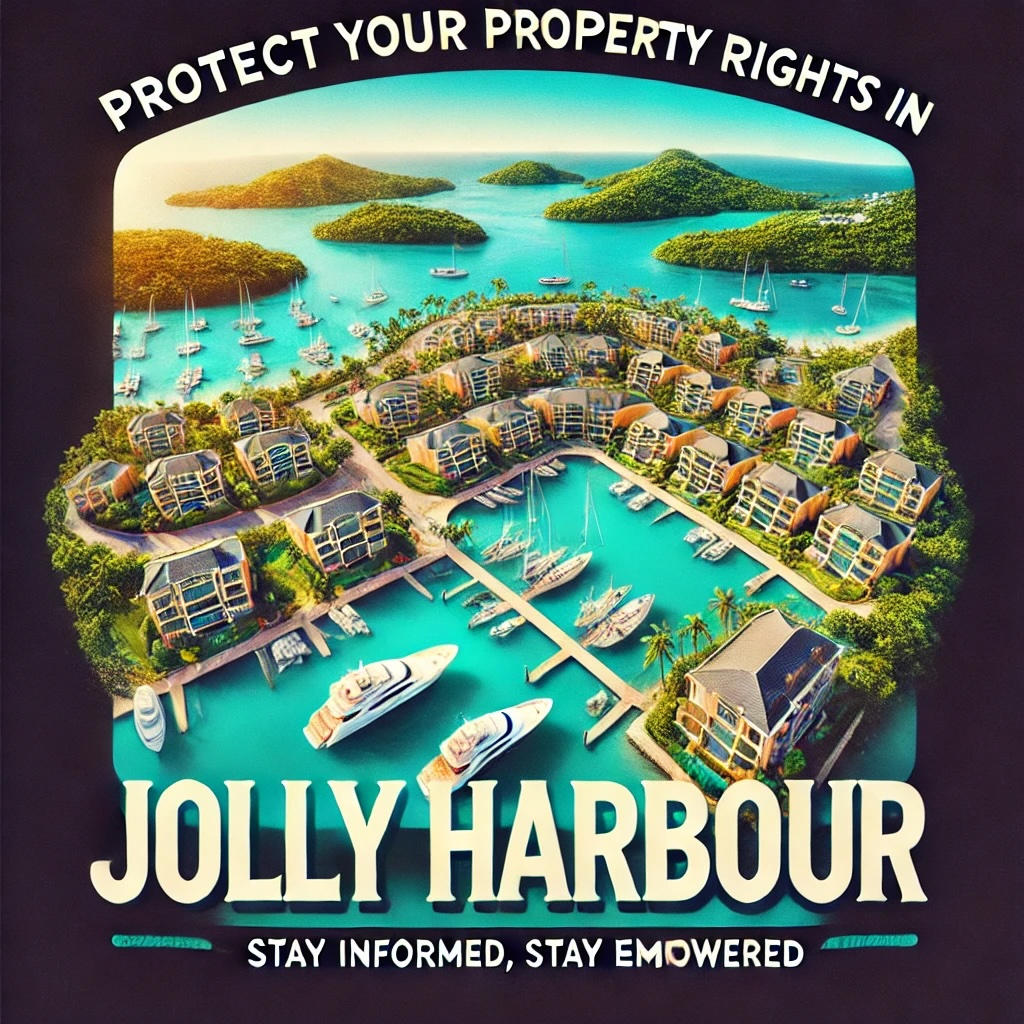1. Introduction
If you're a freeholder in Jolly Harbour, Antigua, you've likely seen announcements from Caribbean Developments (Antigua) Limited (CDAL) boasting about an "interest-free loan" and a "grant" that the company's new owners have supposedly extended to "the community." On the surface, it sounds like a generous offer—millions of dollars, at no or low cost, to fix urgent infrastructure problems. But what does this really mean for you, the property owner?
Armed with British common law principles and data from CDAL's own disclosures, this article aims to peel back the financial jargon and reveal how the loan and so-called grant could impact you, your monthly maintenance charge ("CC"), and Jolly Harbour's governance structure.
📄 Full Article Access
To access the complete article: Contact legal -at- jollyharbour -dot- org with your property details to receive the full content.
